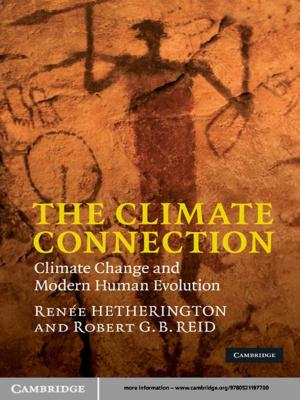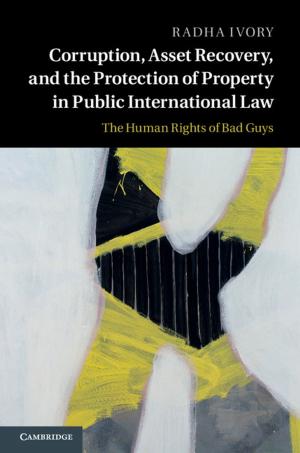Networked News, Racial Divides
How Power and Privilege Shape Public Discourse in Progressive Communities
Nonfiction, Social & Cultural Studies, Political Science, Government, Social Science| Author: | Sue Robinson | ISBN: | 9781108329613 |
| Publisher: | Cambridge University Press | Publication: | November 30, 2017 |
| Imprint: | Cambridge University Press | Language: | English |
| Author: | Sue Robinson |
| ISBN: | 9781108329613 |
| Publisher: | Cambridge University Press |
| Publication: | November 30, 2017 |
| Imprint: | Cambridge University Press |
| Language: | English |
Against conventional wisdom, pervasive black-white disparities pair with vitriolic public conversation in politically progressive communities throughout America. Networked News, Racial Divides examines obstacles to public dialogues about racial inequality and opportunities for better discourse in mid-sized, liberal cities. The book narrates the challenges faced when talking about race through a series of stories about each community struggling with K-12 education achievement gaps. Media expert Sue Robinson applies Bourdieusian field theory to understand media ecologies and analyze whose voices get heard and whose get left out. She explores how privilege shapes discourse and how identity politics can interfere with deliberation. Drawing on network analysis of community dialogues, interviews with journalists, politicians, activists, and citizens and deep case study of five cities, this reflexive and occasionally narrative book chronicles the institutional, cultural and other problematic realities to amplifying voices of all people while also recommending strategies to move forward and build trust.
Against conventional wisdom, pervasive black-white disparities pair with vitriolic public conversation in politically progressive communities throughout America. Networked News, Racial Divides examines obstacles to public dialogues about racial inequality and opportunities for better discourse in mid-sized, liberal cities. The book narrates the challenges faced when talking about race through a series of stories about each community struggling with K-12 education achievement gaps. Media expert Sue Robinson applies Bourdieusian field theory to understand media ecologies and analyze whose voices get heard and whose get left out. She explores how privilege shapes discourse and how identity politics can interfere with deliberation. Drawing on network analysis of community dialogues, interviews with journalists, politicians, activists, and citizens and deep case study of five cities, this reflexive and occasionally narrative book chronicles the institutional, cultural and other problematic realities to amplifying voices of all people while also recommending strategies to move forward and build trust.















